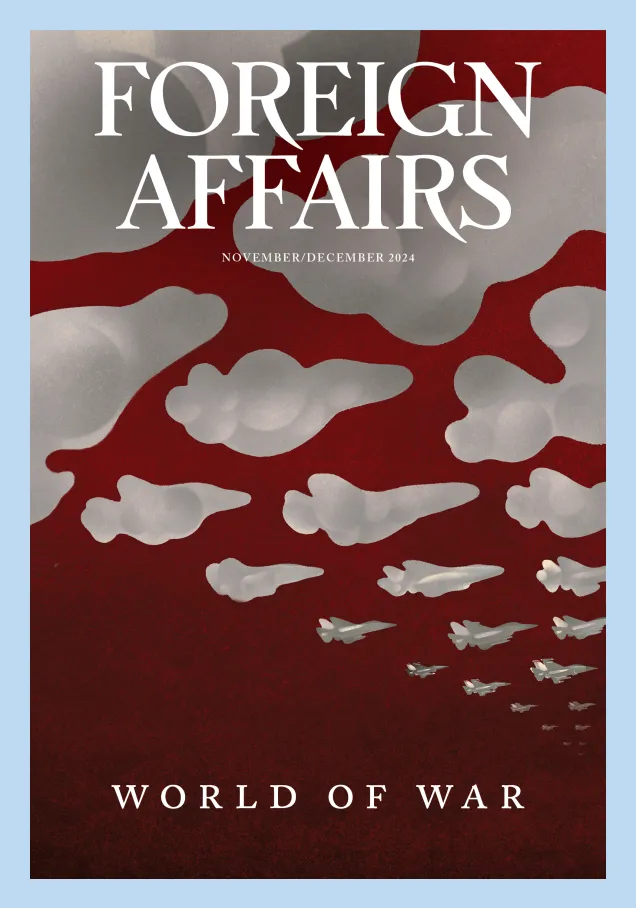
作者/Author(s): David Sacks
網站來源/Source: Foreign Affairs
日期/Date: 11/08/2024
關鍵字/Keywords: 灰色地帶戰爭、台灣、美中台關係
摘要:
2022年中,時任美國眾議院議長南希·裴洛西訪台,中國的灰色地帶行動隨即變得更加頻繁。中國灰色地帶戰旨在達到「不戰而屈人之兵」,但台灣並沒有出現任何屈服跡象,甚至不斷加強防禦中國灰色地帶行動。但是,在思考如何擊敗中國入侵台灣之前,美國和台灣首先必須應對中國的灰色地帶活動。
- 中國結合利誘與威脅等手段,迫使台灣人接受統一。中共會根據台灣政府對兩岸關係的態度,鼓勵或限制兩岸交流。自蔡英文政府上任以來,兩岸關係變得更加對立。北京政府運用軍事、經濟、外交和法律強迫手段來恐嚇、孤立和迷惑台灣人。
- 中國的脅迫手段不但沒能實現其統一目標,更激怒更多台灣人民拒絕統一,加強台灣人民維護自由的決心,積極降低對中國的經濟依賴。
- 中國很難回到馬英九政府時期的兩岸溫和關係,也不太可能在不動用軍事力量的情況下找到統一台灣的途徑。
- 雖然中國的灰色地帶脅迫行動或許不會對台灣構成直接的生存威脅,但台灣必須為之做好準備。
- 台灣應持續努力減少對中國的依賴,並提高關鍵基礎設施的韌性。
- 台灣還應囤積足夠的資源,以隨時應對封鎖或入侵等情況。
- 台灣政府應針對某些中國的灰色地帶行為進行反制,以彰顯其保護人民的決心。
- 美國應協助台灣應對中國的灰色地帶脅迫行為,包括增加軍事援助、加強與地區盟友的軍事合作、進行海上演習,以及在衝突升級時設計對中國的制裁威脅。
- 美國和台灣之間的密切合作,會讓中國的統一大計變得更加複雜,迫使北京重新思考目前的方法是否有效。此外,這至少會讓台灣為衝突先行做好準備。
Summary:
China's gray-zone operations have become more frequent since mid-2022, when Nancy Pelosi, then US Speaker of the House, visited Taiwan. China's gray-zone warfare ultimately aims to force Taiwan's surrender without a war, but Taiwan shows no signs of submission and is strengthening its defense against Chinese gray-zone operations. Nevertheless, before thinking of defeating China in a Taiwan Strait conflict, the US and Taiwan must first counter Chinese gray-zone activities.
- China used a mixture of inducements and coercions to compel the Taiwanese to accept unification. China encourages or restricts exchanges depending on the Taiwanese administration's approach to cross-strait relations, which has become more antagonistic since Tsai's administration. The Beijing government deployed military, economic, diplomatic, and legal coercion to intimidate, isolate, and disorient Taiwanese.
- Instead of achieving its unification ambitions, Chinese coercive practices irked the Taiwanese, causing more Taiwanese to reject unification, fortifying their resolve to retain their freedom, and decreasing their economic dependence on China.
- It is unlikely that China could return to warm relations during Ma's administration or find a path to reunify Taiwan without involving the military.
- China's gray-zone coercion may not pose a direct existential threat to Taiwan, but Taiwan must prepare for it.
- Taiwan should continue efforts to decrease reliance on China and improve the resilience of its critical infrastructure.
- Taiwan should also stockpile sufficient resources to survive in case of a blockade or invasion.
- The Taiwanese government should retaliate against certain Chinese gray-zone practices to show its resolve to protect its citizens.
- The US should assist Taiwan in addressing the gray-zone coercions by increasing military aid, enhancing military cooperation with regional allies, conducting maritime exercises, and devising sanction threats against China in case of conflict escalation.
- Close cooperation between the US and Taiwan will complicate China's unification plan and make Bejing reconsider whether its current approaches are effective. Moreover, it will at least prepare Taiwan for a conflict.
